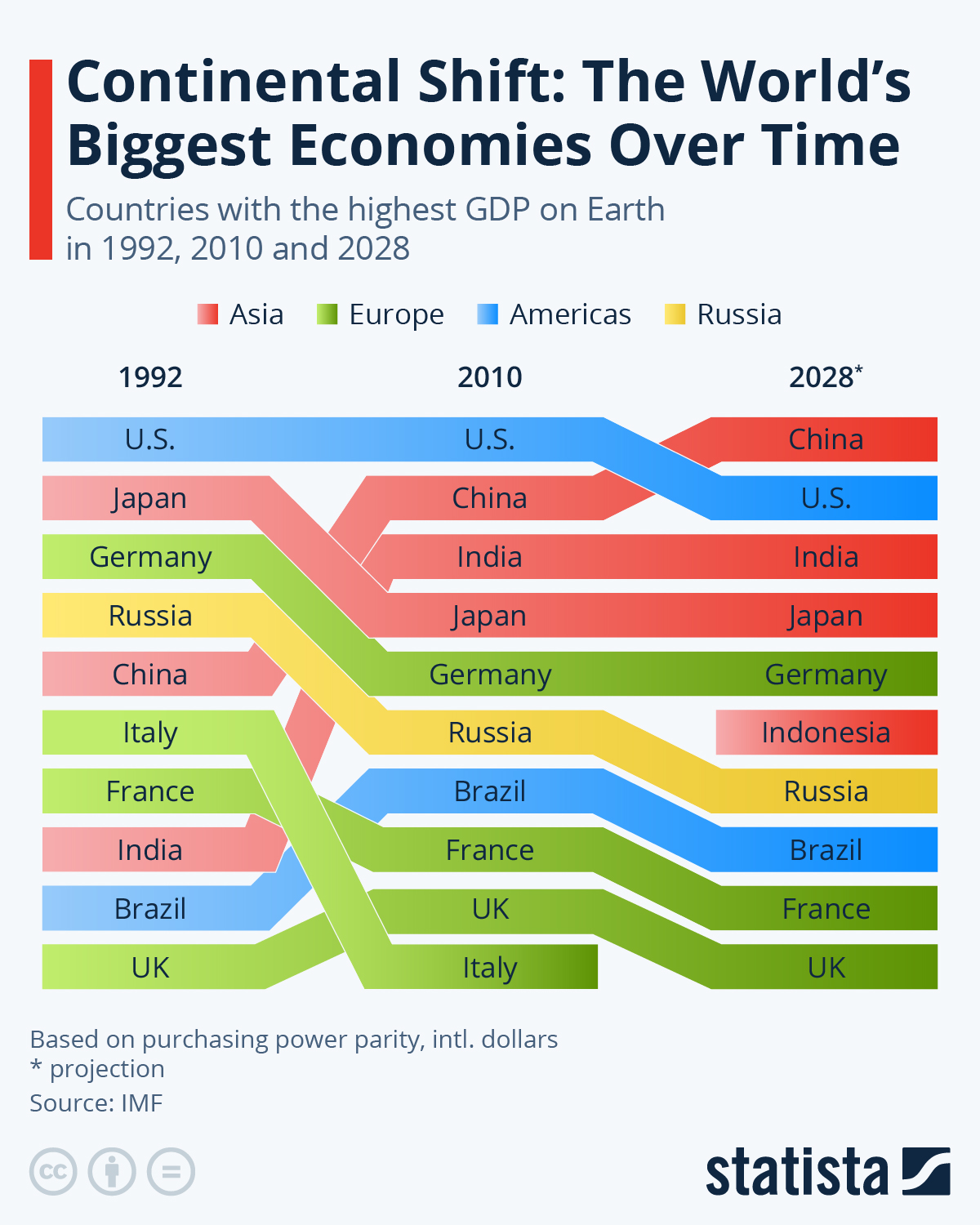With the World Bank and IMF predicting that by 2024 Asia will have four of the top five largest economies in the world (see graph below), have you considered what opportunities await your business?
 You will find more infographics at Statista
You will find more infographics at Statista
It is beyond doubt that one of the greatest economic changes in the last 20 years has been the ascendency of China, but the prediction here goes beyond that and may well change the very centre of gravity away from the North Atlantic to the Asia-Pacific region.
Indeed, the draw is so strong that the UK government (through the Department of International Trade) is actively pursuing ascension to the CPTPP, the region’s most comprehensive trade agreement thus far.
So, what can you do now?
The next few months will see considerable upheaval for the UK economy with the prospect of a ‘no-deal’ Brexit becoming an ever-increasing possibility, the uncertainty of the coronavirus pandemic and a potential US trade agreement.
With that in mind, planning is critical to success, and it is not too early (or too late) to start. If you have not considered the region before, it is time to do so in a serious way.
The simple truth is that you have to be ‘in it, to win it’. In competition on a global scale, businesses have to be as close as they can to their prospective client to win work. This means both geographically and culturally.
The ease which we can communicate with someone from the other side of the world is of course helpful, but technology has not yet solved the problem of time difference and cultural idiosyncrasies.
By appointment only?
An example is the simple business appointment. In the UK (and the West), it takes coordination of diaries and planning to meet with a prospect. By contrast, it is not uncommon for a prospective customer in Asia to just turn up without an appointment and expect to be welcomed. Therefore, having a presence in the region and someone local would immediately increase the likelihood of success.
A strategic base
Where should one set up? Firstly, it may be that an authorised agent or distributor would suffice for now. Secondly, if a physical base is required, setting up in one of these large economies is an option but by no means the only option. China, India and Indonesia are highly complex markets and geographically vast. Added to this is the diverse regional variations and cultures even within the country.
Take AstraZeneca and Dyson, companies which have substantial resources but have chosen to strategically place their regional hubs in Malaysia and Singapore, respectively, although having sites and interests across the region.
They do so with an eye on ensuring that they are based in a country they are comfortable in and have the relevant infrastructure to support their business, and with good connectivity to other parts of the region.
So, as we enter this last quarter of what seems like a very long 2020, the question that requires an answer is: Why are you not already in the region, or at least thinking about it? And be honest, if the answer sounds like an excuse, you probably need a re-think.
At Mosaic International, we help our clients enter markets in Southeast Asia and the United Kingdom. If you need any help in answering the above question, contact us for a free without obligation consultation.
